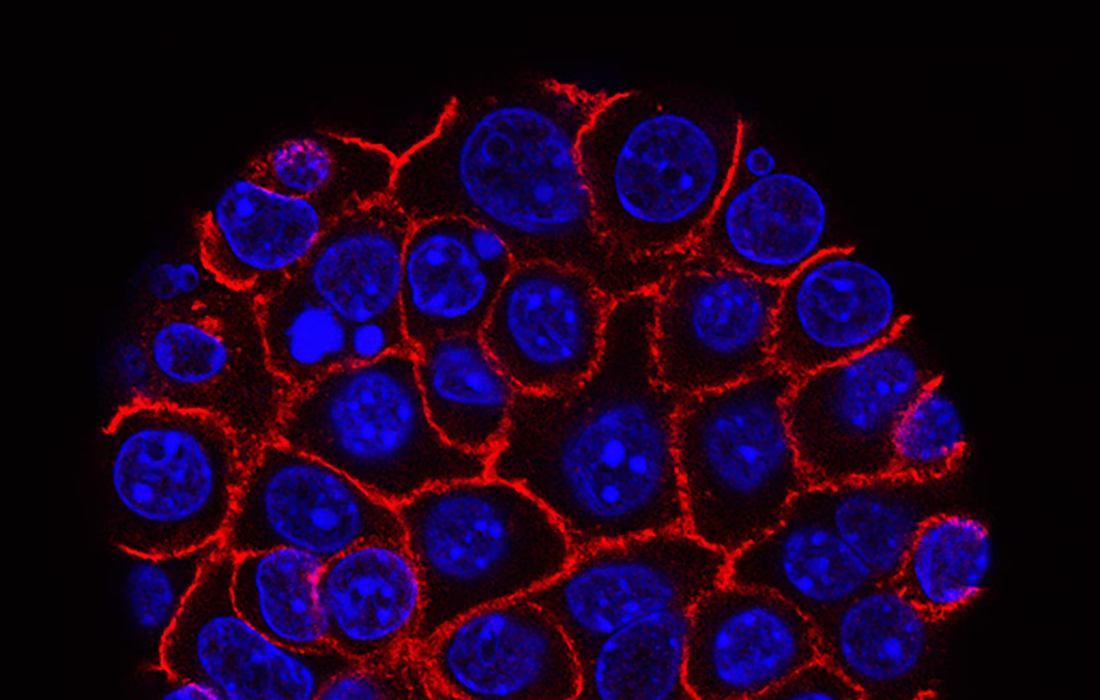Regenerative Medicine News and General Information
New Study Finds a Potential Target for Pancreatic Cancer Treatment
Pancreatic cancer is a severe cancer type that can be both aggressive and fatal. It is actually one of the most severe types. The most common type of cancer that forms in the pancreas begins in the cells that line the ducts that carry digestive enzymes out of the pancreas (pancreatic ductal adenocarcinoma).
Pancreatic cancer has a low five-year survival rate, with only 5-10% of patients living 5 years after the diagnosis.
Recently, a group of researchers found that turning off a gene called GREM1 results in a greater spread of pancreatic cancer, and turning the gene back on may lead to a reduced spread of pancreatic cancer. The study appears in the journal Nature.
GREM1 Gene Regulates Spread of Pancreatic Cancer
For the study, the team used a mice model and organoids synthetically grown and simplified organs. They looked at the most common type of pancreatic cancer, pancreatic ductal adenocarcinoma.
The gene GREM1 was found to be essential in keeping the cancer in a more stable epithelial state when compared to the more dangerous mesenchymal state. They also found that pancreatic cancer metastasized to the liver in 90% of mice with GREM1 removed, and those with standard GREM1 only had metastasis in 15% of cases.
The results suggest that the GREM1 gene plays an important role in regulating the spread to the rest of the body. In the future, the gene could be targeted by new therapies, having the possibility of converting an aggressive pancreatic cancer into a more stable and treatable form.
Source:
Jessica Norris. (2022, Jul 5). Pancreatic cancer: New discovery may be key to stopping cancer growth. Medical News Today. Retrieved from:
Image from:
Photo by National Cancer Institute on Unsplash

